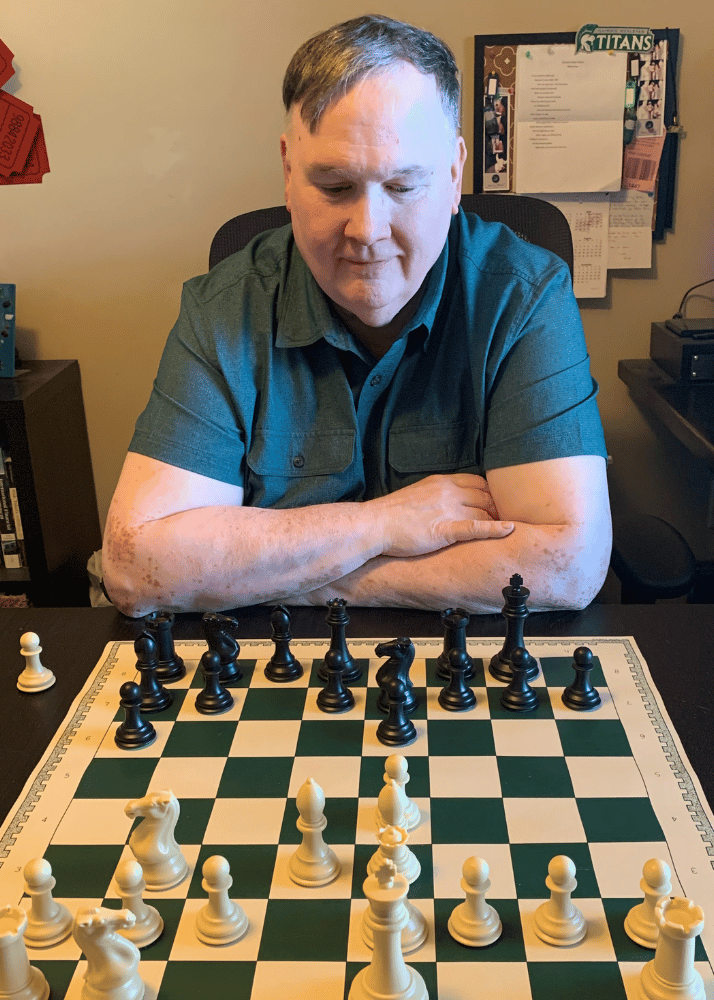BLOOMINGTON, Ill. — Chair and Associate Professor of Finance Robert Irons has published a book about one of the most famous chess games in history, titled “San Sebastian 1911.”
The book, published by Russell Enterprises and released in November 2024, is a historical account of an

international chess tournament which took place in San Sebastian, Spain, in spring of 1911. Nine of the ten strongest chess players in the world were invited to participate.
One of the players, José Capablanca, joined the games despite not meeting tournament requirements. Another player, Ossip Bernstein, lodged a formal complaint against Capablanca’s participation, which was heard and dismissed.
“Then Dr. Bernstein had the misfortune to be paired against Capablanca in the very first round of the tournament,” said Irons. “Capablanca won a game so beautiful that it won the brilliancy prize for the tournament. He followed that by winning the tournament, and then 10 years later he became the 3rd World Chess Champion.”
Irons’ book contains stories about the event and the renowned players, as well as a computer-assisted analysis of all 105 games that took place during the tournament.
“I bought a copy of the original tournament book just for fun, as it was written in German. My wife reminded me that a good friend spoke German and could translate. When I did a Google search, I found that no English language versions of the tournament book were ever released, so it seemed like an opportunity,” he said.
A love of chess has been with Irons since he was 10. He studied on his own at home and played in a dozen tournaments in the 1980s, but shelved his set after getting married. He revisited the game, beginning to play correspondence chess in 2015 and continues the hobby today. He has served as the correspondence chess editor for the U.S. Chess Federation and is a member of the Chess Journalists of America, serving as a judge for the annual awards.
For Irons, the logic of chess is full of useful lessons he enjoys bringing into his classes at IWU.
"I talk (to students) about planning ahead and breaking big problems down into smaller problems — one thing that chess players do to understand the position," he said. "I also push them to appreciate that their mistakes are lessons. I say that in chess I am a winner every time I play, because either I get a win or I learn something."
This is Irons’ third book to be published; the first was a finance textbook he uses in the classroom and the second examined the Preamble to the Constitution.
In the case of “San Sebastián 1911,” Irons said writing the book gave him a fresh perspective on a game he already loves.
“I hope that readers gain a sense of the grandeur of this old-world tournament, an affection for the history of the tournament and the players and the joy of reliving the games,” he said.
“As for the game, I can do no better than to quote Dr. Siegbert Tarrasch, a candidate for the World Chess Championship around the turn of the 20th century: ‘Chess, like love, like music, has the power to make men happy.’ Women, too.”